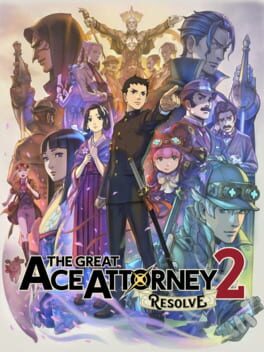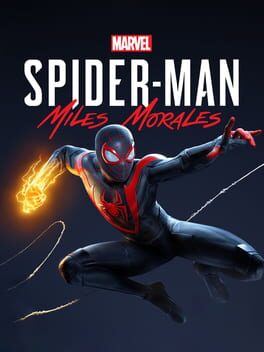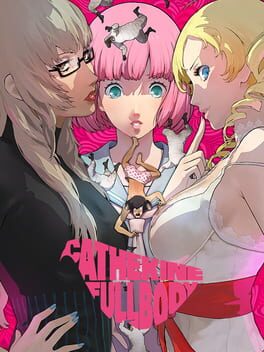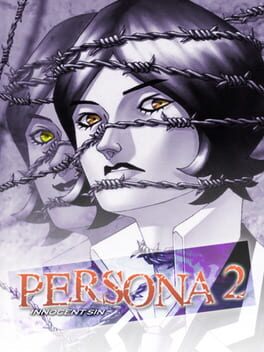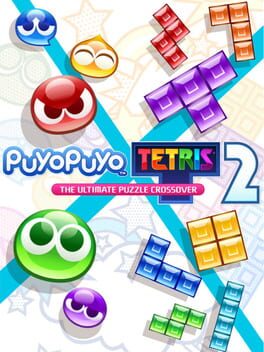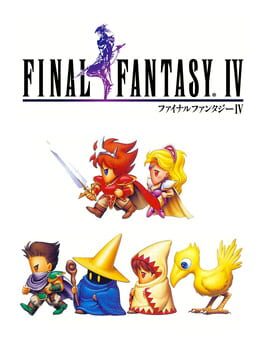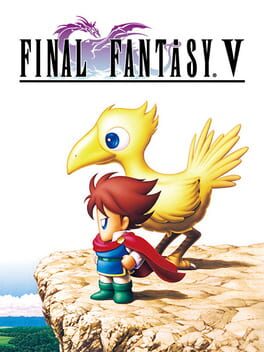guiltyparty
Took my breath away.
Keeping the experience more compact gives the game a tighter level of focus with far less busy work. The quality of life improvements and new powers help the stealth along and make the combat feel more robust, but the writing falls into the same hokey pitfalls as its predecessor.
Despite being the sole playable character, venturing with the rambunctious Yuffie feels both rich and satisfying, thanks to her unique ninjutsu and her synergy — to say nothing of her chemistry — with the newly introduced Sonon. It's a fairly short romp, especially if you're not going out of your way to play Fort Condor, but it has all of the bits and bobs that made the base game so exhilarating: a spectacular soundtrack, dynamic cutscenes with clean gameplay transitions, and truly remarkable character writing.
Thanks to its slick traversal when you're slinging around Manhattan, Spider-Man feels best to play in short bursts to do in-game "busy work," whether it's finding a tower, nabbing a backpack, spotting black cats, or stopping a crime-in-progress. While the gameplay loop begins to show its seams in the back half of the main story, where encounters are at their most tedious, it's fine to play mindlessly.
2019
While the 2011 version's tight gameplay is mostly intact (with a new Remix Mode for old-timers looking for a twist), each narrative change here deliberately throws a wrench into the base game's structure, intentionally pulling back from its narrow focus. In the process, it does a disservice to what was once a fairly earnest narrative, undermining its cast as the scope of the new content expands. A third romance option was always going to be a bold decision when the original game was so deeply rooted in binaries -- unfortunately, like most of the Full Body-exclusive content, the new character is implemented in a way that lacks the finesse needed to make that decision work. There's still a lot to love in Full Body, particularly in the work that went into the Ideal Voice set, but the game is a shell of its former self, and it sports only a fraction of the punch.
2019
While it does little to rectify the thematic hiccups of the original game, The Royal builds nicely on its stylish base, with some nifty quality-of-life changes and overhauled combat. A sublime experience for those who haven't played the original, but if you've already put your 100 hours into the vanilla version, sinking your teeth into this one for the lean third semester alone might be a tough sell. Still, it's every bit the aesthetic marvel of the 2016 hit, and an objective improvement upon a benchmark in the genre.
Sporting a tidy narrative with a strong thematic core, Innocent Sin's punchy and personal character writing makes it a standout among its contemporaries. Unfortunately, the real meat and potatoes are hidden behind a sluggish battle system that requires minimal player engagement until the final boss hits. Push through the exasperating encounter rate and you'll find a story with a fair amount of bite, that isn't afraid to throw you into the deep end.
2020
A relatively bare-bones expansion of the first game, that offers precious little in the way of new content. Though the fresh coat of paint is sweet enough on an aesthetic level, slightly increased handling and additional line-clear delay hinder high-speed gameplay — especially when playing against opponents who have the flashy new cut-ins turned off. From a gameplay standpoint, there's not much reason to spring for the sequel unless you're looking to mess around with the janky Skill Battle mode, or you're itching to play as Sonic, for some reason.
2020
An enjoyable exploration of the DualSense controller, with plenty of nods to Sony's history littered throughout. In particular, the haptic feedback is a treat for the hands, and opens up a swath of opportunities as we head into the next console generation.
A brave take on a beloved classic, with many new charm points to flaunt, in both gameplay and presentation. Though some occasional padding makes longer chapters overstay their welcome, the overall package is crisp, bold, and exciting.
2016
Charming character dialogue and occasionally satisfying cinematics do little to distract from this game's more egregious shortcomings, which are amplified by the sky-high expectations it set for itself over the course of its ten-year dev cycle. Ultimately a fair game, but as the credits roll on this "Final Fantasy for fans and first-timers," it leaves one wondering just what could have been.
One of the most ingenious games of the generation; a sprawling sci-fi drama that takes great influence from shoujo manga, with crisp visuals to match. Remarkably well-crafted and deliberately paced.
1994
One of the franchise's most beloved entries, and for good reason. Featuring an astoundingly diverse cast, a rich setting that blends magic and machinery, an intricate plot, groundbreaking cinematic tricks, and one of Uematsu's finest scores, Final Fantasy VI has withstood the test of time.
1991
A bit more ambitious than its predecessors, Final Fantasy IV introduced gameplay elements that would become franchise staples. Some shaky storytelling aside (often through contrived excuses to swap out party members), the game holds up remarkably well.
1992
Lots of avenues for experimentation through the job system. Pretty straightforward plot, but the gameplay here is some of the franchise's most robust.
